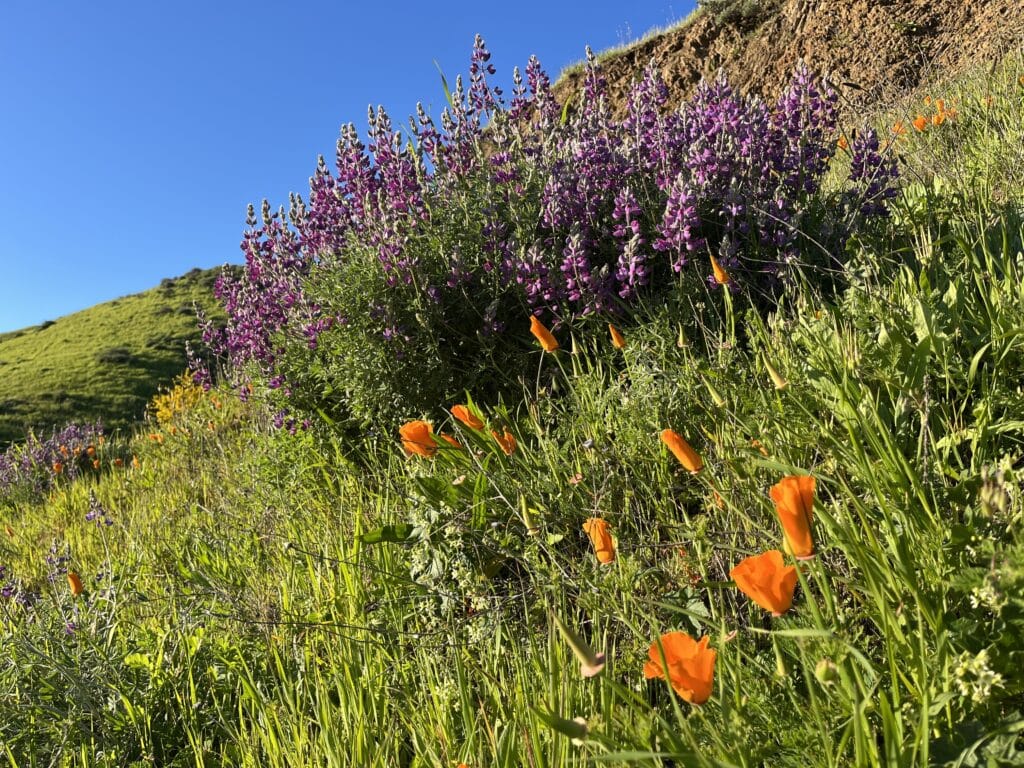

Passover’s Infinite Questions
As Passover approaches, and the Jewish month of Nisan begins, there are a million and one things you might be wondering about, but one thing is sure: this is a holiday where questions take center stage.
Some Passover questions are meant to be answered: What is the story? What do different communities of Jews eat on Passover? What are some haggadah (the book we read from at the Seder) options I could use at my Seder? How do I talk to the kids in my life about Passover?
Other Passover questions evade concrete answers, though asking them is no less important: How do I talk about freedom in a world where so many people are not free? How do I negotiate differences of practice and politics with loved ones? How do I relate to the parts of the Passover story that I find alienating or confusing?
What’s the point?
Last week, at GatherBay’s inaugural Torah study session, we wondered: is the point of Passover’s many questions to arrive at clear answers? Or is it to teach the practice of asking questions? We landed on a strong “yes to both.”
From the traditional four questions of the Seder (Passover ritual meal) to the myriad questions surrounding the exodus story to how the practices of Passover relate to our contemporary experiences, one thing is clear: it is urgently important to ask and ask and ask.
Our tradition may be teaching us that the very point of Passover is to raise a huge variety of questions—some we know how to respond to and many we don’t; some questions we have in common and others diverge from person to person. And not only that, but no matter how much we learn, there will always be more that we don’t know, ways in which our quest for liberation is incomplete and ongoing.
But curiosity can be hard to access, especially in times of transition and challenge.
Sitting with uncertainty
While Passover is often framed primarily as a story about liberation, it can equally be seen as a story about loss—of identity, place, relationships, orientation in the world, and of course not least, loss of life—and how those get metabolized on a personal and communal level.
In the story of Passover, when the ancient Israelites cross through the sea to freedom, they gain so much, but they also have to find a way to live together in community; they leave the only place they remember living; and they have to form a new identity both individually and collectively. And as contemporary people observing Passover, we each likely experience both gratitude and grief, places where freedom is present and places where it is heartbreakingly incomplete.
In the face of loss and change, whether personal, communal, global, or all of the above, it would so often be easier just to know. Certainty is alluring when so much is shifting around us. The ancient Israelites, too, missed the certainty of Mitzrayim/Ancient Egypt (literally translated as “the narrow place”) when wandering in the wilderness towards an unknown future.
Seen through that lens, Passover’s relentless focus on questions offers a way to work with and through our own losses. Curiosity helps us find a way to move from the isolation that loss or change often creates, and builds our resilience. Focusing on curiosity can help us be more empathetic, more connected, and better able to bridge differences.
Explore the questions together
I feel very grateful for the community members who’ve shared their Passover questions with me already this year—and if you’d like to spend time together with whatever you’re wondering, we’d love to have you join our experiential GatherBay Passover experience, “More Than Four Questions.”
We’ll gather on Tuesday, April 23, outdoors in Berkeley, for a meal and an exploration of Passover. Still got questions? Email rabbi.gray@gatherbay.org.
Rabbi Gray Myrseth is GatherBay’s Community Rabbi. Originally from San Francisco, Gray was ordained at the Hebrew College Rabbinical School of Newton, MA, and has worked as a rabbi, chaplain, and educator with people of all ages, within Jewish institutions and beyond. When not at work, they can be found making ceramic Judaica, writing and reading poetry, expounding on the wonders of Talmud study, and enthusiastically exchanging podcast recommendations.